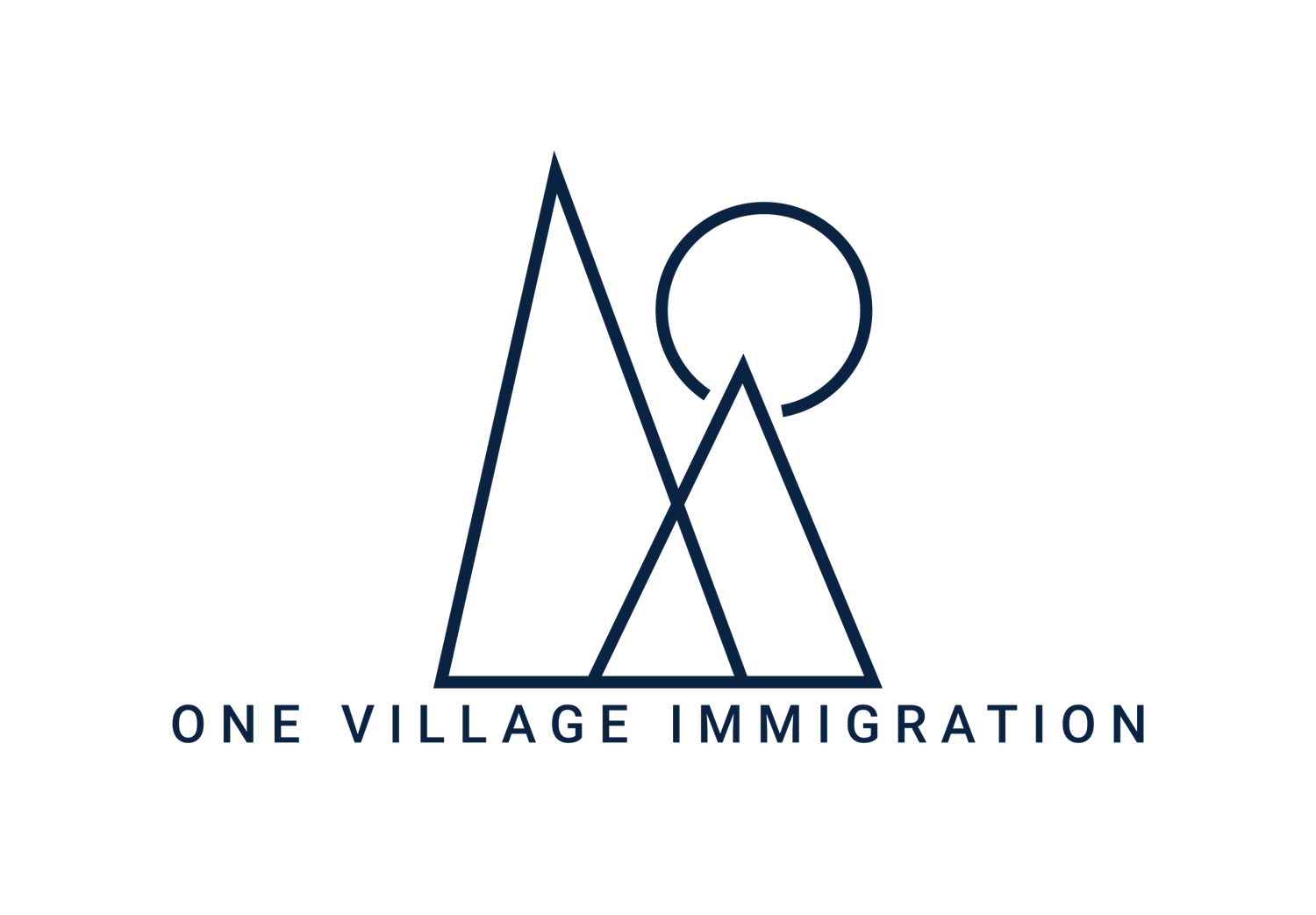Countries with Successful Refugee Cases in Canada: A Closer Look
Canada's commitment to providing refuge and protection to those in need has long been established, and the country has a reputation for welcoming refugees from around the world. While the success of refugee cases depends on individual circumstances, we can examine which countries have seen a higher rate of successful refugee cases in Canada. In this blog, we will explore some of these countries and the factors contributing to their success.
Syria
Syria has been at the forefront of the global refugee crisis due to its ongoing conflict. Canada has shown exceptional support for Syrian refugees, welcoming tens of thousands of Syrians under various resettlement programs. Many of these refugees have found success in their claims due to the well-documented and widely recognized dangers in Syria.
Eritrea
Eritrea has a troubled history of human rights abuses and forced conscription. Eritrean refugees often face persecution and danger if they return to their home country. Canada has granted refugee status to a significant number of Eritrean asylum seekers based on the credible fear of persecution they face in Eritrea.
Afghanistan
Afghanistan has been a source of refugees for many years, driven by conflict, instability, and the risk of harm. Canada has been accepting Afghan refugees for decades, particularly interpreters and individuals who worked with Canadian military forces. The recent withdrawal of international troops has further increased the number of successful refugee cases from Afghanistan.
LGBTQ+ Asylum Seekers
People from countries with harsh anti-LGBTQ+ laws often seek asylum in Canada. While not a specific country, LGBTQ+ asylum seekers from various nations have achieved success in their refugee claims when they can demonstrate a well-founded fear of persecution based on their sexual orientation or gender identity.
Factors Contributing to Success
Several factors contribute to the success of refugee cases from these countries:
Strong Evidence: Successful refugee cases often rely on compelling evidence, such as documentation of persecution, medical records, and testimonials from credible sources.
Well-Documented Persecution: In some cases, widespread and well-documented persecution in the home country can make it easier for refugees to establish the validity of their claims.
Support Networks: Established communities of refugees from the same country can provide support and resources, making it easier for newcomers to navigate the Canadian asylum process.
Legal Representation: Having access to legal representation and experts in refugee law can significantly improve the chances of a successful claim.
Public Awareness: Media coverage and public awareness of the challenges faced by refugees from specific countries can influence decision-makers and public opinion.
While Canada's refugee system is designed to be fair and impartial, the success of refugee cases depends on individual circumstances and the strength of their claims. Countries experiencing ongoing conflicts, severe human rights abuses, and persecution tend to have higher success rates among their refugee applicants. Canada's commitment to humanitarian values and providing refuge to those in need continues to play a vital role in shaping the outcomes of refugee cases from various parts of the world.

